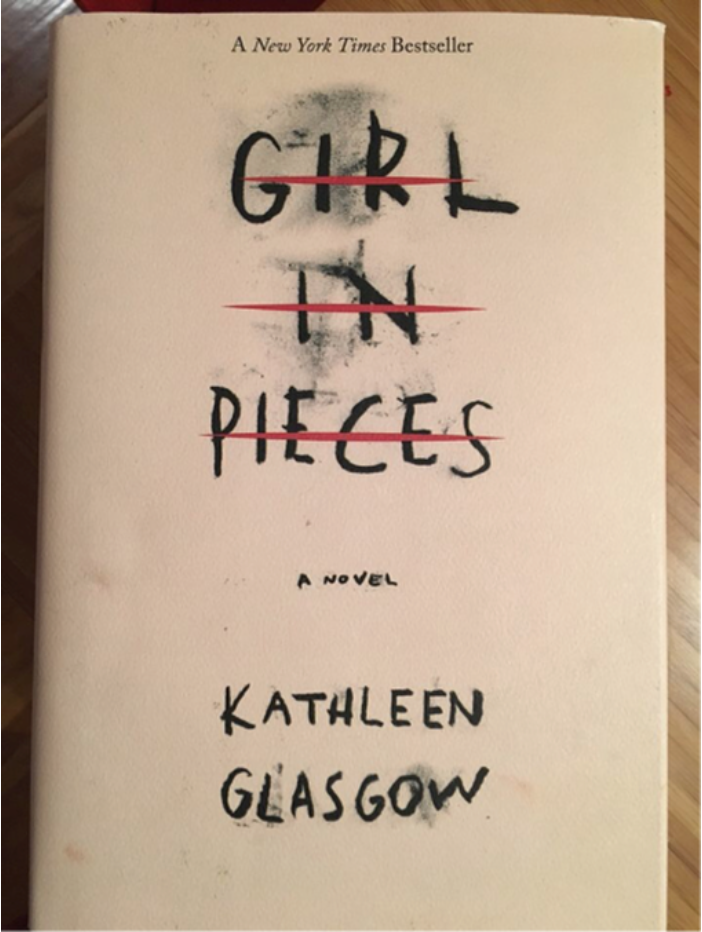
If you’re not following @broodingYAhero on Twitter, you probably should be. I say this not because I have some kind of sponsorship deal (I don’t) or because I spend too much time on Twitter (I do), but because this particular account is dedicated to calling out my absolute least favorite trope. Let’s call them B4’s: Brooding Byronic Bad Boys. The literary world is full of characters whose toxic masculinity is passed off as romantic overprotectiveness or fascinating emotional depths. These B4’s are everywhere, and I won’t deny their appeal, but their presence in young adult literature troubles me. Are we marketing stories to teenagers about boys who don’t seem to know the difference between love and control or about the girls who absolutely can’t get enough of them?
Discussions like this one often come back to Twilight, if only because it’s an easy target. Telling twelve-year-old girls that the man of their dreams ought to be a sparkly, sullen jerk who hates your best friend and is constantly battling the urge to literally kill you is pretty obviously problematic. But sometimes toxic masculinity isn’t quite as blatant as Edward Cullen and his rock-hard abs.
Sometimes it looks more like a man who desperately wants to protect the book’s heroine but won’t give her the information or tools she needs to protect herself. Sometimes it looks like a boy who makes her feel special but simultaneously convinces her that he’s the only one who could possibly understand or love her.
Of course, not all of these B4’s go unchallenged or uncondemned by their authors. Girl in Pieces, by Kathleen Glasgow, contains a prime example of how to write about these relationships as the destructive things they are.
The book’s main character is Charlie, a teenage girl struggling with self-harm, depression, homelessness, and a whole host of traumas. Some of those traumas come from Riley, the drug-addicted musician and all-around B4 she falls in love with. Riley’s bad news. For one thing, he’s significantly older than Charlie. As Kathleen pointed out when we interviewed her a few months ago, their relationship isn’t only unhealthy, it’s statutory rape. For another thing, Riley uses Charlie constantly. He uses her as an emotional salve for his bruised ego and wounded heart, soaking in her adoration in place of his own self-worth. He uses her for sex, despite knowing full well that she’s too young and too vulnerable. And he uses her time and time again to feed his substance abuse, convincing her to bring him drugs and alcohol. He knows it’s wrong. He admits it’s wrong, and repeatedly goes through the classic B4 motion of telling Charlie she should leave while also making it clear that he’s the only one who could possibly love her and that she’d be nothing without him. All in all, Riley’s a bad dude. He’s predatory, even more so than Mr. Sexy Vampire. At least Bella had friends and family and a home. Charlie has none of these things.
One of the many things that Girl in Pieces really nails, though, is that the kind of toxic masculinity that Riley typifies isn’t only toxic to Charlie. It’s also toxic to Riley. In our interview, Kathleen explained the difference in how the world treats the two of them like this: “Girls get locked up for their problems; guys get record deals.” I nodded my head at first, sitting comfortably in my righteous indignation that Riley had treated Charlie so horribly. And readers should be indignant. We should be absolutely furious that teenage girls are so thoroughly taken advantage of and preyed upon, both in this story and in the real world. But then I realized that maybe not all of that anger should be directed at Riley. Some of it should be directed at the attitudes that made Riley. If, as Glasgow said, guys get record deals for their problems, the one thing they aren’t getting is help. Riley is just as self-destructive and mentally ill as Charlie, but instead of acknowledging that, the people around him pass it off as some kind of romantically tortured artist persona. Because he is consistently rewarded for his addiction and his self-loathing and his absolutely inexcusable behavior, he never has any motivation to get better, and so he continues to hurt himself and the people around him, like Charlie. Ultimately, romanticizing Brooding Byronic Bad Boys just makes more of them, to everyone’s detriment, and that’s one of the things Girl in Pieces concerns itself with. The book reminds us that every time we tell teens that love looks like a vulnerable girl and the man who maybe loves but doesn’t respect her—every time we give a guy a record deal and lock a girl away—we risk creating not only another Charlie, but another Riley to prey upon her.
PRR Writer, Christy Duprey
Check out ourinterview with Kathleen Glasgow.